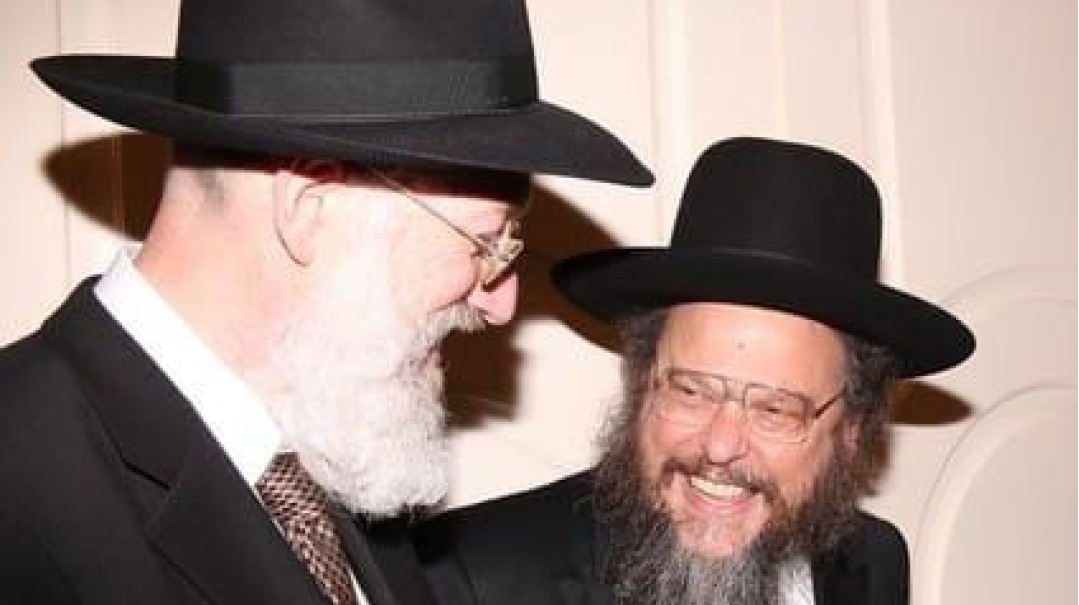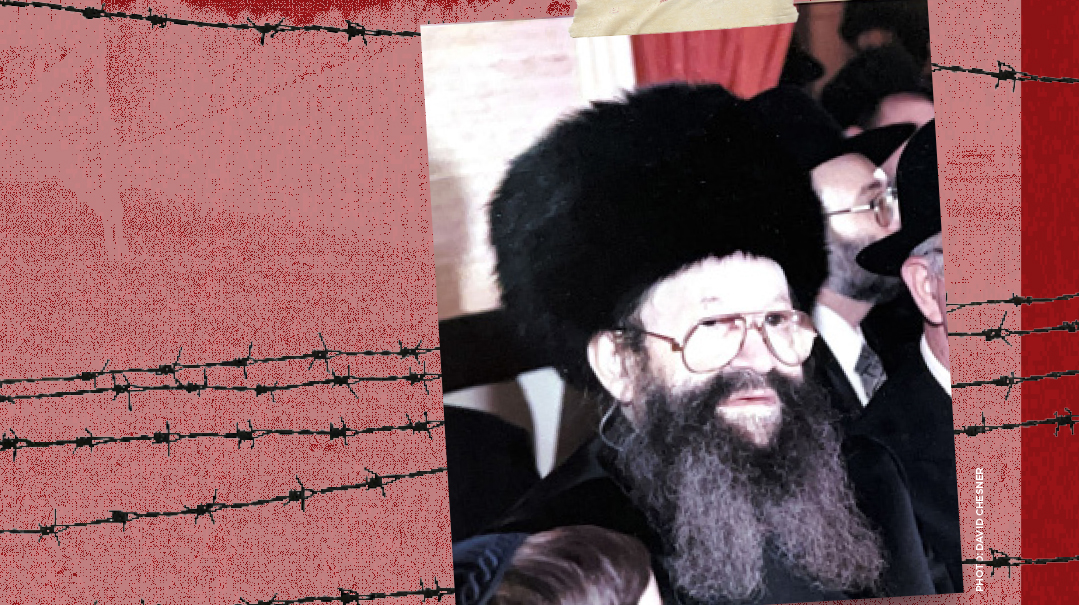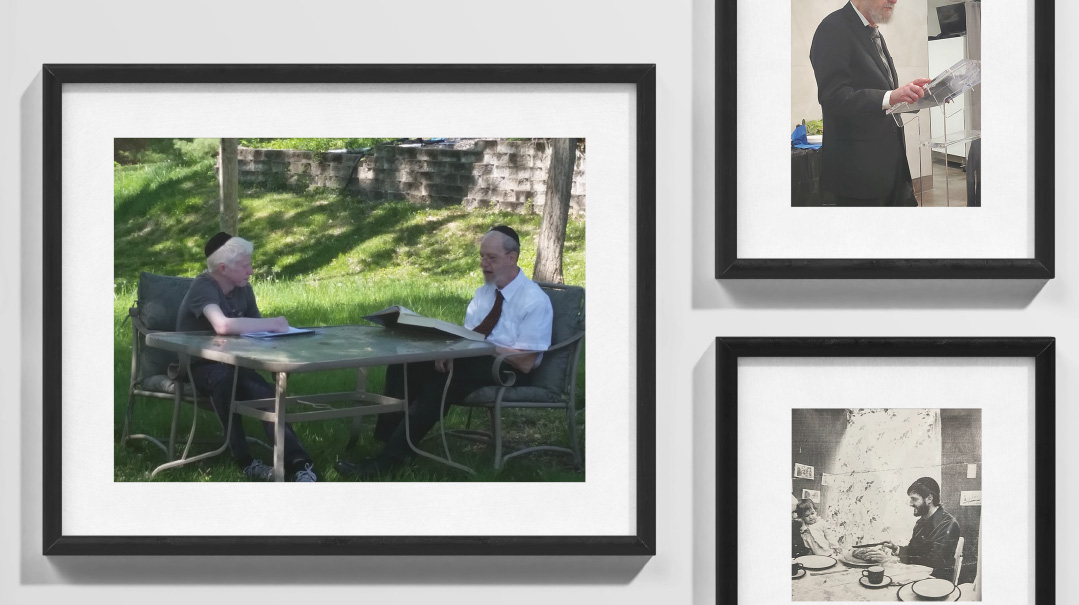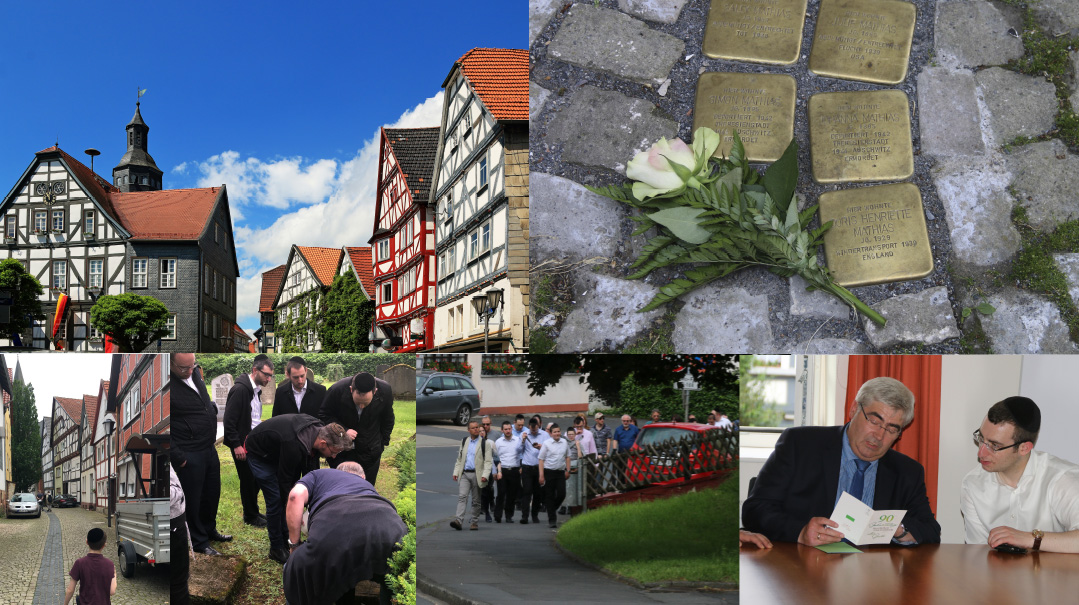More than You’ll Ever Know
| December 24, 2024This year, I’ll be thinking of Yitzy. I’ll be thinking of his Chanukah neis
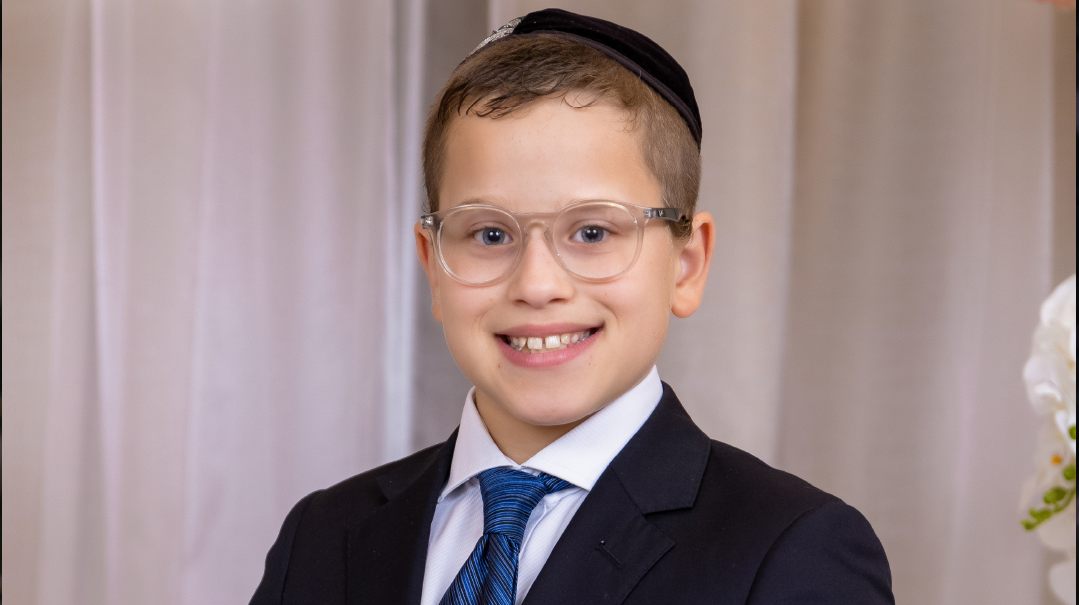
There is a machlokes haposkim about what to have in mind while lighting the menorah. Some say to have in mind the neis of the pach hashemen. Others say to have in mind the neis of the milchamah. I hope I’m still yotzei this year, because it is unlikely I will have anything on my mind other than my brother-in-law Yitzy Sutofsky a”h.
The first time I met Yitzy was years before his sister became my wife (perks of marrying your neighbor). At the time, I worked in a local day camp in Pittsburgh, where he was a second grade camper. Fun, energetic, and a real baal middos, Yitzy was every counselor’s dream. As he got older, this became only truer, as nothing makes life easier than when the best kid on the court is a mensch, allowing everyone to grow and shine. I was impressed with Yitzy as a camper, but our interactions were limited to the few summers I spent back in Pittsburgh. They stopped altogether when I left for yeshivah in Eretz Yisrael the summer after 12th grade, but three summers ago I got engaged to Yitzy’s sister Chaya, and as the newly minted brother-in-law, it was on me to become as much of a part of the family as I could. That’s how I found myself at the pizza store, several Little League games, and even in Hershey Park with Yitzy.
As the months went by, I came to know Yitzy not just as a geshmake kid with a killer fastball, but as an aspiring bar mitzvah bochur who knew how to be serious as well. He openly admired the rosh kollel and other talmidei chachamim, he loved to learn, and he davened with the fire and purity only children know. In my wedding video, you can see him shuckeling in the front, eyes closed, during the chuppah, pouring out his heart to Hashem for the brand new chassan and kallah.
Almost a week after our wedding, Yitzy started feeling something weird in his throat. Though he tested negative for strep and just about everything else, the feeling got worse and worse, progressing into a headache and constant ear ringing. Finally, about three months after our wedding and four months before his bar mitzvah, we received the devastating news: Yitzy was diagnosed with cancer. The ensuing months were a roller-coaster ride of ups and downs. Yitzy had some very difficult moments of incessant nausea and pain, and it was near impossible to watch his health deteriorate as the former Little League MVP was confined to the couch. When he lost his hair, the whole family felt as though we had lost a limb, and our hearts broke every time he asked us to look away while he adjusted his hat. Aside from this, there was of course the constant worry and fear, both from Yitzy and from us.
While we shared these painful moments, there were some beautiful moments as well. We watched with pride as a new side of Yitzy emerged. He couldn’t have a regular bar mitzvah at home in Pittsburgh because he was in Children’s Hospital of Philadelphia for radiation, but we were able to make a bar mitzvah Shabbos in Philly at my brother-in-law’s father, Rabbi Reiber’s, kollel. Friday night, after the meal, Yitzy decided he wanted to lein the next day. Though he hadn’t so much as looked at his parshah since he was diagnosed, he reviewed it the night before — and did a perfect job the next morning.
Is this actually happening? Will he make it through? I remember thinking the whole time.
But he did, and my heart swelled with pride as Yitzy masterfully made his way through the parshah he loved so much. His success was as much a testament to his sheer determination as his love for Hashem’s Torah.
Soon things started to look up. Treatments appeared to be working, and by the time Succos rolled around, we were cautiously optimistic in our discussions about yeshivos for the coming year.
Until they weren’t. It started with stomach pains, then something bothering Yitzy in his eye, and by the time winter rolled around, the situation was apparent. Chanukah approached, and in place of the seasonal feelings of joy, there was an intense, sharp feeling of dreadful anticipation. Still, we davened, and the doctors continued to try their best.
The Friday before Chanukah, my in-laws called.
“Come home as soon as you can,” they choked out. “The doctors told us there’s nothing more they can do.”
“Did you tell Yitzy?” we asked.
“Not yet.”
We arrived Sunday night. The next morning, my mother-in-law asked me to pick up breakfast to bring to the hospital. On my way to Dunkin Donuts, she called me again.
“Yitzy wants to speak to you for a minute; that okay?”
He cut to the chase.
“I’m trying this with you because you’ll be less emotional,” Yitzy said. “How can I explain to my family that I’m really okay? I know what’s happening, and I know it’s all coming from Hashem, Who loves me more than even they do. How can I tell them not to be sad, and not to miss me so much because my neshamah will still be around, just in a different place?”
I tried my best to hold back my tears.
“Vanilla or custard”? I asked, to lighten the moment — and because, less emotional or not, I needed time to collect myself.
Then we got to business. I told Yitzy that while all of that is true, he also needs to let us be sad. We agreed — at my mother in-law’s suggestion — that no one would be sad in front of him, so no one would waste his last moments not enjoying their time with him. Then I tried telling Yitzy it’s not his job to help his siblings through this, that we’d figure it out.
“But it is my job,” he argued, determined to help, so we continued to bounce a few ideas around.
When I got back home about a half an hour later, I saw my father-in-law and my wife crying on the couch with the phone on speaker. Yitzy was on the line, trying to comfort them as he told them that he is okay and will be okay, and if he can trust Hashem at that moment then surely we could.
“Hashem loves me more than even you do, and He loves you, too,” he said.
Five minutes later, the hospital called: Yitzy was unresponsive.
We called the rest of the family and rushed to the hospital. Yitzy came through, but this set the tone for the ensuing week. On Tuesday, we set up camp in his room on the pediatric oncology floor in Pittsburgh Children’s Hospital.
When Chanukah arrived that Thursday, it was our tiny flame in the darkest hour of the blackest night. The room was covered floor-to-ceiling in decorations. Each day, we made a Chanukah party, sang, danced, and laughed with Yitzy, doing all the things we’d never be able to do again, keeping our tears back all the while as he continued to reassure us that everything is from Hashem Who loves him more than we do. At some point every day in the middle of the festivities, my other brothers-in-law and I would sneak back home to light, where we lit two extra menorahs, one for my father-in-law and one for Yitzy, as their shluchim to be mekayeim the mehadrin min hamehadrin. After we lit, we danced, allowing ourselves to still feel the simchah of the day.
Those nights of Chanukah gave way to some memorable, bittersweet moments. On one of our last nights together, someone asked Yitzy if he was angry at Hashem. He looked at them as if they had just fallen from outer space.
“Why would I be?”
Another night, after we had a joke competition, Yitzy commented, “This has been the best week of my entire life.”
On the fourth day of Chanukah, Yitzy slipped out of consciousness. We gathered in his room, davening, learning, singing, and doing our best to remain positive. Before we left, my brother-in-law pulled out his guitar for one last kumzitz, and we all gave Yitzy one last hug before heading out the door. The doctors said he wouldn’t make it through the night, and we went home expecting to hear the worst.
But Hashem gave us a mini Chanukah neis, and my little brother-in-law’s flame burned one more day. We got to spend another day like the one before, singing, davening, getting chizuk. We had more time to talk to Yitzy — even if he couldn’t respond — and tell him how much we loved him and would miss him. We had just a little bit more time before we had to say goodbye.
On the fifth night of Chanukah, right after we sang “B’Sheim Hashem” around his bed, Yitzchak Elimelech ben Akiva Zev a”h left to join the Olam HaEmes.
Throughout the year, the light Yitzy kindled has illuminated our night. While we have had our fair share of moments when we question and feel only the pain, it’s as if there is a little candle burning brightly enough that when we look closely, we can lift ourselves above the darkness and see Hashem’s love.
This year, the fifth night of Chanukah will look different for our family. There won’t be a hospital kumzitz, and I won’t be lighting the menorah for my in-laws as they sleep on the Children’s Hospital’s pullout couches. Instead, I will light the menorah for my family, holding my son Yaakov Yitzchak as I recite the brachos.
And this year, I’ll be thinking of Yitzy. I’ll be thinking of his Chanukah neis, how his flame burned longer than we were told to hope, and of the songs we sang around his bed. I’ll be thinking about our love for Yitzy, and Hashem’s love for us, and how even in our darkest moments, Hashem loves us more than we’ll ever know.
Boaz Bachrach is learning in Kollel in Lakewood, New Jersey.
(Originally featured in Mishpacha, Issue 1042)
Oops! We could not locate your form.


